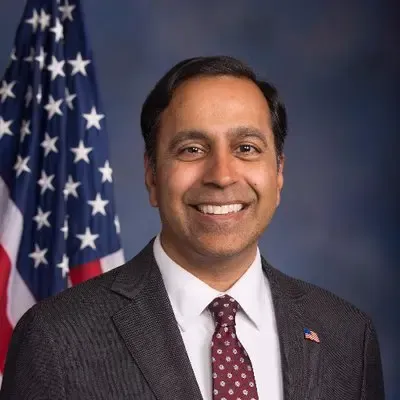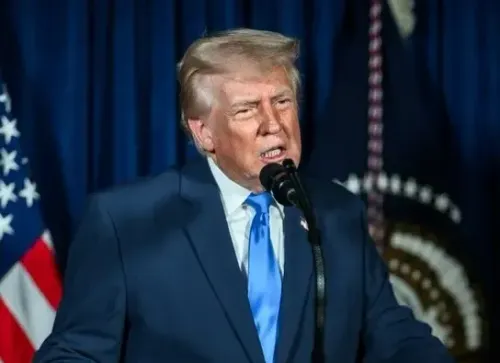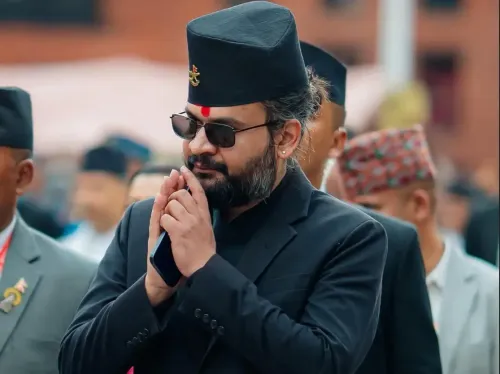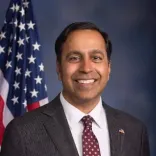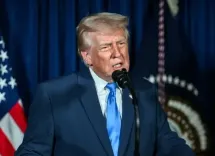Are Rival Parties in South Korea Clashing Over PM Nominee Kim Min-seok?
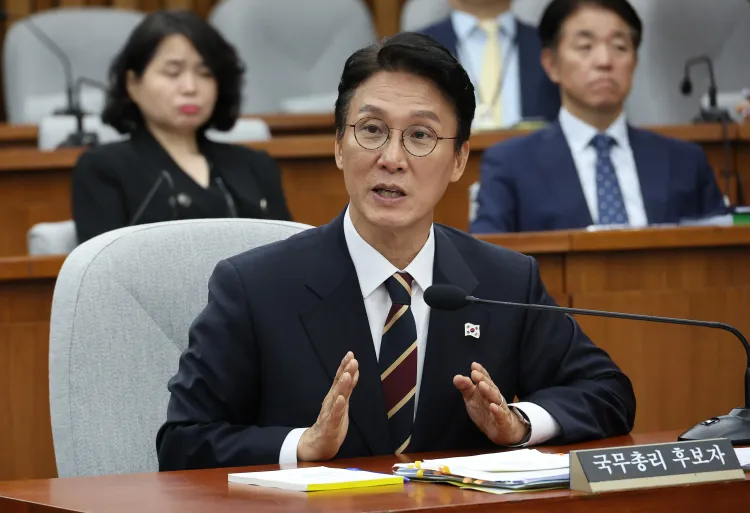
Synopsis
Key Takeaways
- The confirmation hearings for Prime Minister nominee Kim Min-seok have sparked significant political friction.
- Allegations surrounding Kim's wealth and academic credentials are at the forefront of the debate.
- The Democratic Party is defending Kim, while the People Power Party is demanding further scrutiny.
- The outcome of the confirmation could have lasting implications for South Korea's political landscape.
- Kim supports several of President Lee Jae Myung's campaign promises, suggesting continuity in policy direction.
Seoul, June 25 (NationPress) A fierce clash erupted among South Korea's political factions on Wednesday as they debated the qualifications of Prime Minister nominee Kim Min-seok during the concluding day of his confirmation hearings.
The main opposition People Power Party (PPP) insisted that the nominee provide documentation to address allegations regarding his wealth and family background, while the ruling Democratic Party (DP) contended that the PPP's unfounded claims were hindering a comprehensive assessment of his qualifications.
"The hearing cannot proceed like this," stated PPP Rep. Bae June-young, who is the ranking member of the confirmation committee. He urged that the nominee submit records related to tax and other payments he claimed to have made the previous day.
Bae also requested immigration documentation along with a report card to substantiate Kim's assertion of earning a master’s degree from Tsinghua University in China.
In response, Kim stated, "I will provide what I can and what is necessary." However, DP Rep. Chai Hyun-il retaliated by referencing previous prime ministerial confirmations under PPP-led administrations, highlighting that various documents were not submitted during their hearings.
"Was it an invasion of privacy then but vetting now?" he questioned.
The role of the prime minister is unique in requiring parliamentary approval for appointment, unlike other ministerial nominees who do not need such consent from the president.
The PPP is unlikely to endorse a report that is part of the confirmation process, as they have persistently challenged Kim's qualifications and called for his withdrawal.
During the first day of hearings on Tuesday, the PPP scrutinized the nominee concerning the origins of his wealth amidst significant discrepancies between his reported income and expenditures, in addition to allegations about his son's college admissions and his own education at Tsinghua University, according to Yonhap news agency.
The DP defended Kim, emphasizing his professional qualifications for the second-highest government position.
A motion for the prime minister's confirmation is passed with majority approval, contingent on a majority of legislators being present.
Currently, the DP holds a parliamentary majority with 167 out of 298 seats, allowing them to independently advance Kim's nomination.
Kim, who is a four-term lawmaker from the DP and previously served as a key campaign advisor to President Lee Jae Myung, shared insights on some of Lee's campaign promises, including a 4.5-day workweek.
"The overall direction was proposed, and execution plans will need further discussion," he remarked. "Reducing working days aligns with global trends and human nature."
On the topic of raising the retirement age, Kim noted it requires thorough discussion and societal acceptance.
"If I become prime minister, I believe it would be beneficial to commission an extensive study through a state-run think tank," he added.
The PPP has requested an additional day for hearings to better evaluate the nominee, whereas the DP maintains that the hearings should conclude on Wednesday, paving the way for confirmation next week.


